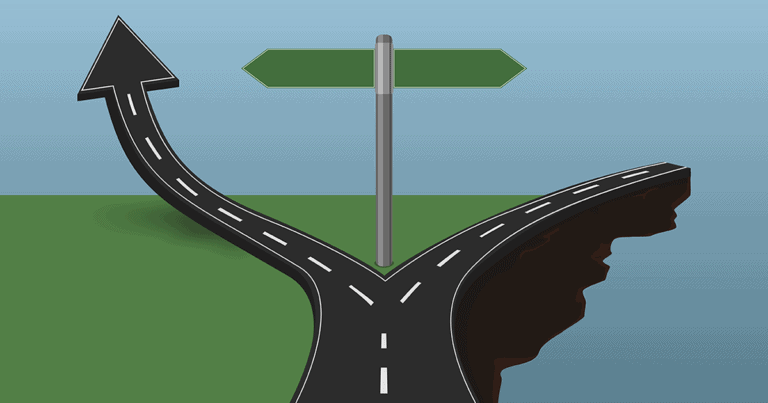Who likes to openly admit that they were wrong? Not many people, although Annie Duke, former professional poker player and author of Thinking in Bets: Making Smarter Decisions When You Don’t Have All the Facts, finds that being wrong offers opportunities to improve her decisions.
Duke has said that she learns faster when she’s not afraid of being wrong. During her career as a poker player, she realized that most of our decisions are made against a backdrop of uncertainty — sometimes we’ll be wrong because we won’t have all the facts. Embracing our wrong decisions as opportunities to learn helps to make more effective decisions in the future.
Duke’s studies in cognitive psychology and poker playing have given her a unique perspective on probabilistic thinking. After 18 years of focusing on her mistakes and understanding the “why” behind the outcomes, she has added to what she calls “the stuff we know” box. Keeping an open mind and being receptive to ideas from those around us is how we fill this box and use it to our advantage.
So, how do you strengthen the muscles of admitting failure to become a more effective decision maker?
One way is to recognize when our belief systems prevent us from admitting that we’re wrong. Philip Tetlock, author of Superforecasting: The Art and Science of Prediction, has explained that we are prone to retain false beliefs as a form of self-expression. It can be a type of tribal thinking, making us less likely to think independently because we don’t want to put ourselves outside of the tribe.
Tribal thinking can be avoided by building a “dragonfly eye” to collect more information. When we gather perspectives from a variety of sources, we can form a more complete view of the issues that we are facing.
Nobel Laureate Daniel Kahneman has also recommended seeking out good advice from outside sources. An external perspective can save us from overconfidence, which Kahneman has described as a curse. Being overconfident can trick us into thinking that we have complete knowledge in situations that are impossible to predict.
Whenever we have to make uncertain predictions with incomplete information, Duke thinks that it’s important to accurately gauge the amounts of luck and skill that are involved. When something goes our way, we are quick to take ownership of it as skill, even when it was entirely luck. Trying to achieve an identical outcome through applied skill is a recipe for failure.
Refocusing our decision-making process and re-examining how we evaluate our outcomes are important for improving our professional and personal lives. At the 73rd CFA Institute Annual Conference in Atlanta, Duke will discuss how to think in probabilities and make better decisions with lessons from the intersection of poker and cognitive science.
All posts are the opinion of the author. As such, they should not be construed as investment advice, nor do the opinions expressed necessarily reflect the views of CFA Institute or the author’s employer.

